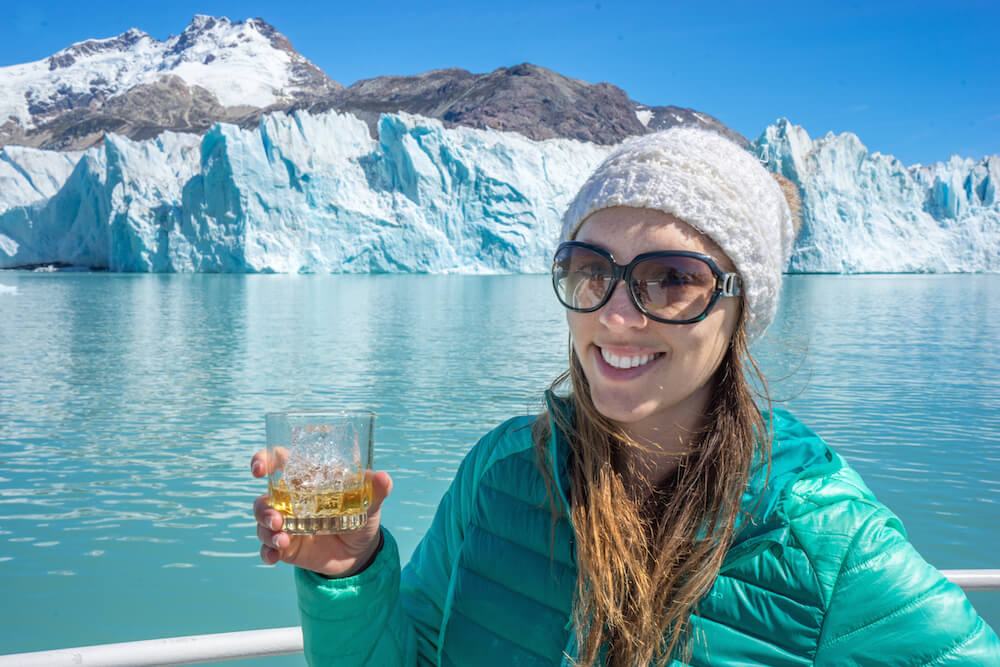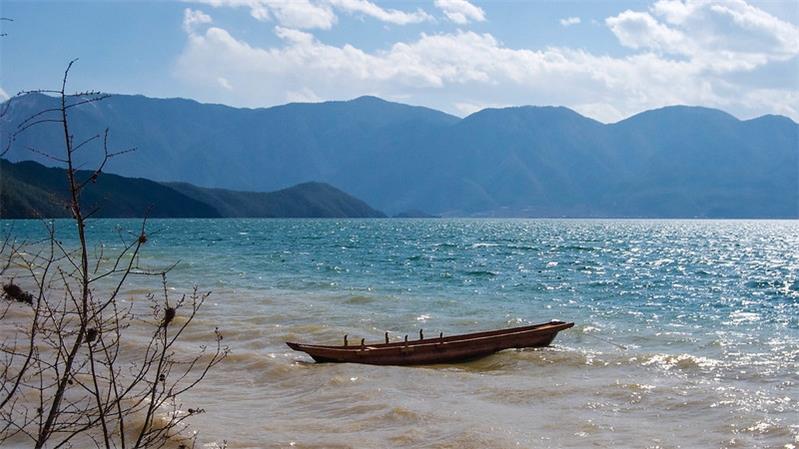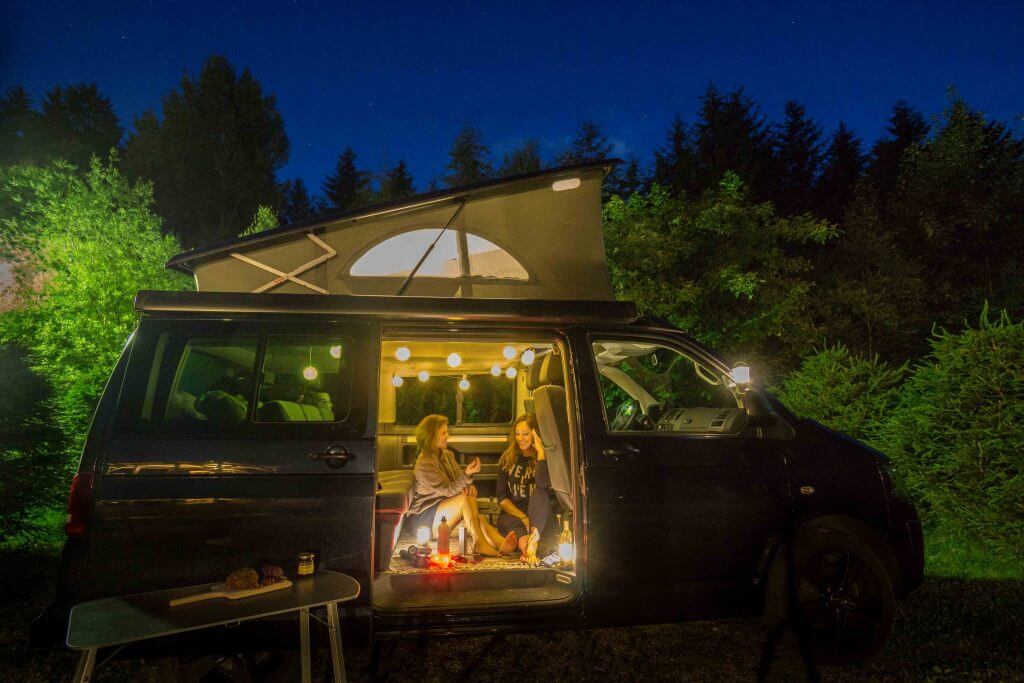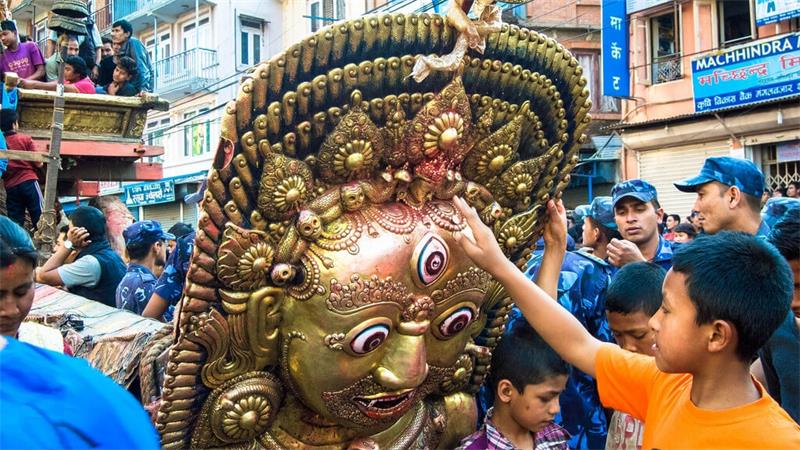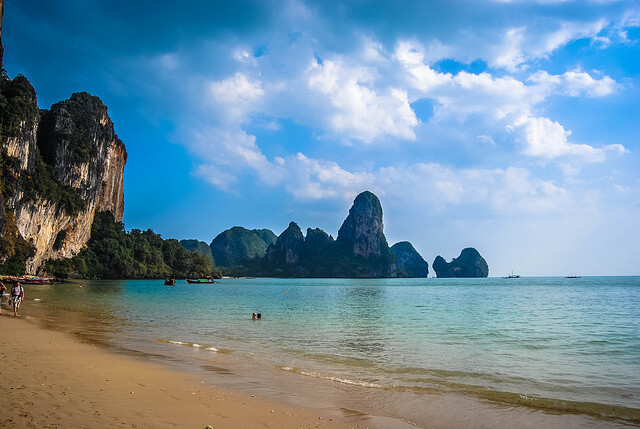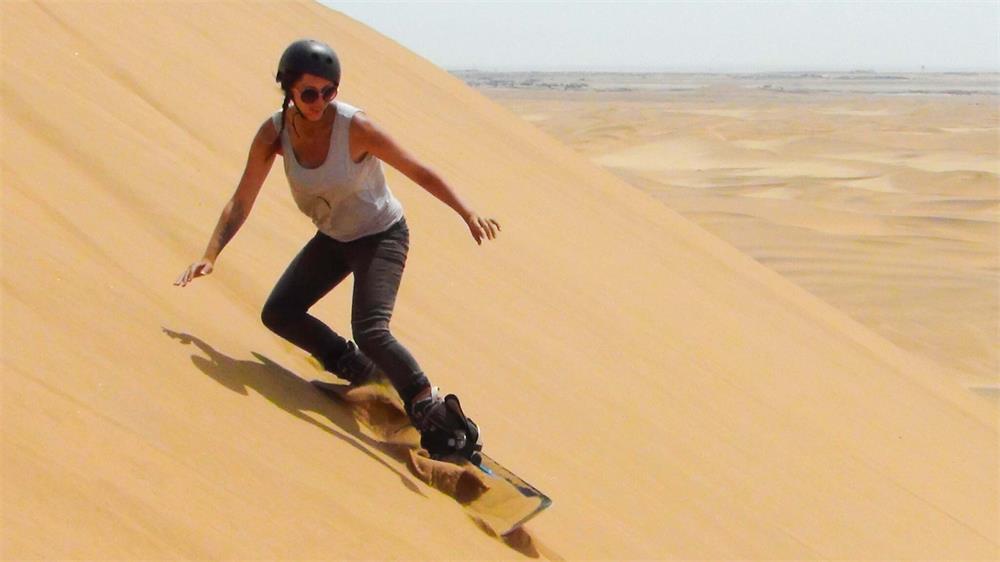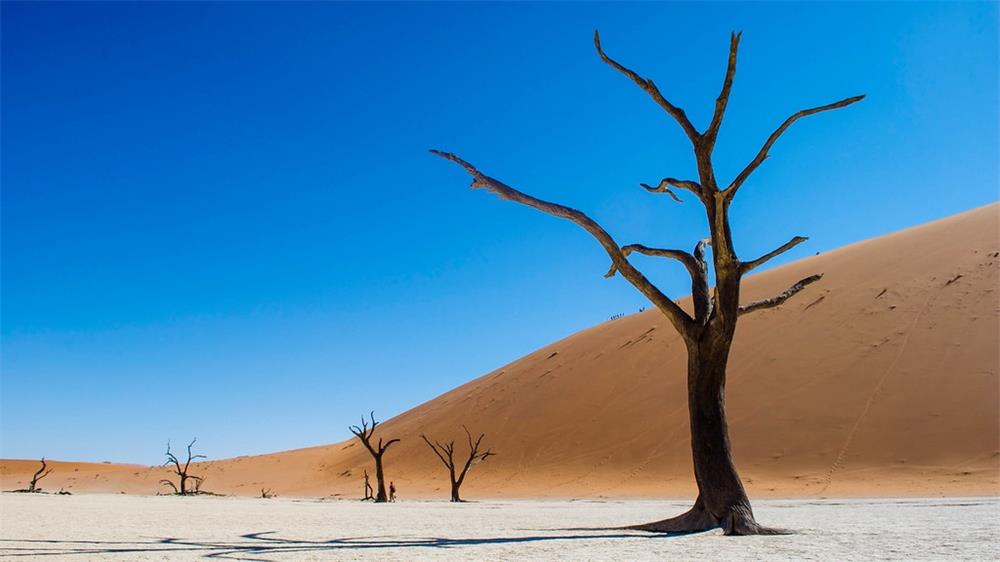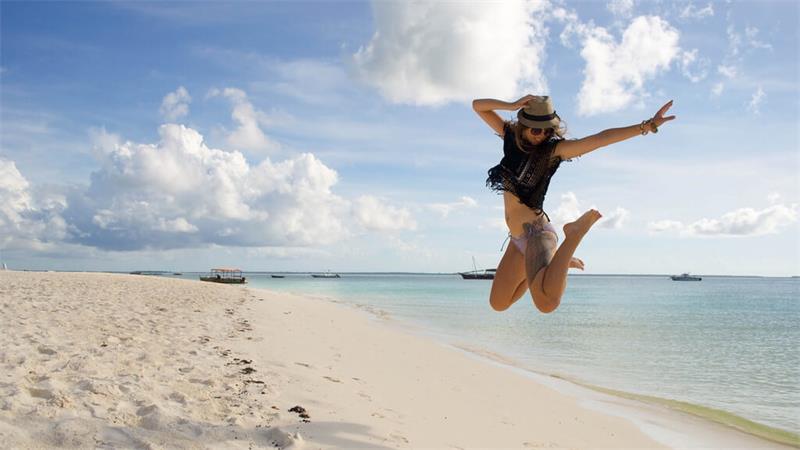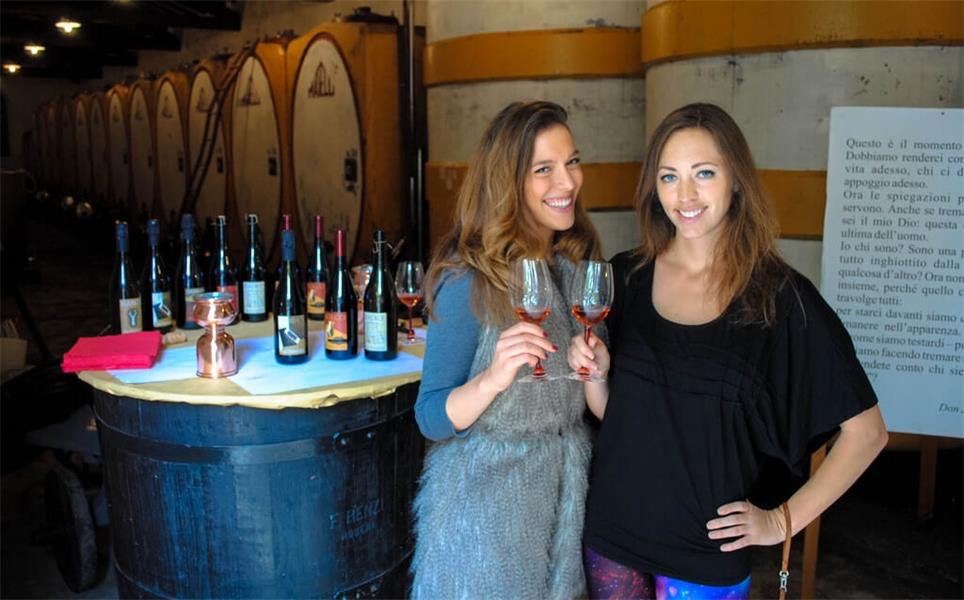“You don’t take a photo with just a camera. You bring to the photographic act all the images you have seen, the books you have read, the music you have heard, the people you have loved.”
-Ansel Adams
Traveling alone is a gift. The road of self-discovery, conquering phobias, and growing independence are rewards I intended to experience. What I didn’t expect was that meeting with local people would have the largest influence on me, forcing me to accept love in a different way than I I’m used to, in the form of ephemeral but memorable moments of kindness from total strangers.
Sometimes I feel lonely in the solitary world, but then I realize that I am surrounded by support in my everyday contacts. My life is overflowing with these little bits of perfection, which have been given to me by the grace and kindness of others because they want to be a good host, don’t understand why a girl wanders around alone, and feel that we have to s take care of her, or they really have never met an American girl before and are curious.
Before the days of photography, the most regarded artists were those who painted portraits and historical paintings. In the hierarchy of genres, landscape painting was near the bottom. Now I believe it’s the same — photographing people is a challenging job. First, you have to ask and be prepared for a “no” and then you have to somehow catch their soul in one picture.
In the rare instances when I had the courage, the result was magnificent:
Borneo
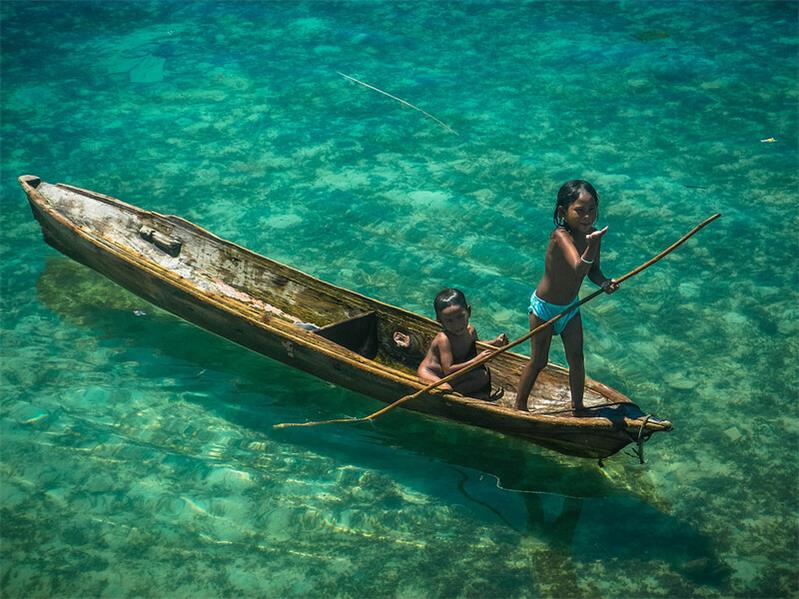
These youngsters belong to the Bajau tribe, sometimes known as sea gypsies, who live their life on the seas close to the island of Mabul in Malaysia’s Borneo. I had the pleasure of witnessing them when I was scuba diving in Sipadan, sleeping, cooking, and living nearly exclusively aboard boats.
Some of these men can snorkel 20 meters to go fishing, and their underwater eyesight is deemed greater than that of a conventional human. Their great connection to the water is something I can genuinely admire, given how much I adore spending my time indoors and close to it.
Maldives
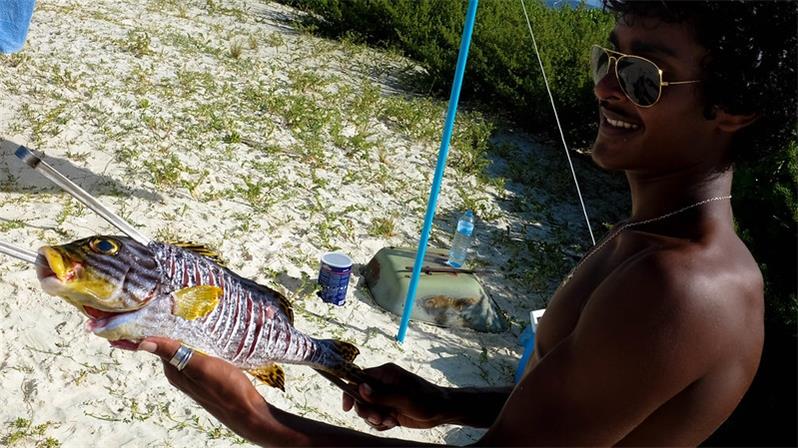
One of the most intriguing locations I visited on my travels in 2013 was the Maldives, not because it’s a gorgeous island country famed for its resorts and white sand beaches, but because I strayed off the traditional tourist track and stayed here with a family.
This shot nicely describes what the experience was like — spearfishing then grilling with the family out on the beach. This is one of the brothers with a sweetlips fish.
Sri Lanka

The train in Sri Lanka was one of the most beautiful and rich cultural contacts of all my trips to the nation. The folks on the train were exceedingly nice and intrigued about the foreign girl in second class with them.
I adored this family in particular who grinned and waved every time the train turned, letting them face me as I stood in the doorway, shuffling over the rice paddies and plantations of tea.
Philippines
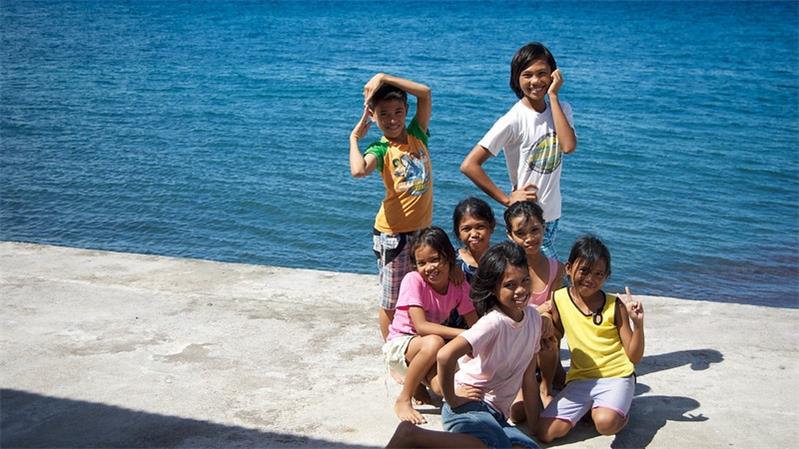
Christmas Eve had been lonely in Camiguin, Mindanao, largely for two reasons: visitors had been urged to stay away from Mindanao owing to terrorist activities in the west and because the Philippines had recently been devastated by a cyclone. I saw no cause for either of them to prohibit me from going to Camiguin, indifferent to both circumstances.
As Christmas Day dawned, the bungalow I stayed in suddenly woke up to life, featuring a lot of wonderfully friendly and lovely youngsters who asked if they could hang out with me. They asked me about my family and what it’s like where I’m from, posed for photographs, played with my camera and took some wonderful ones themselves, and told me makes me feel immensely at home. Thanks a lot, folks, you are fantastic.
Vietnam
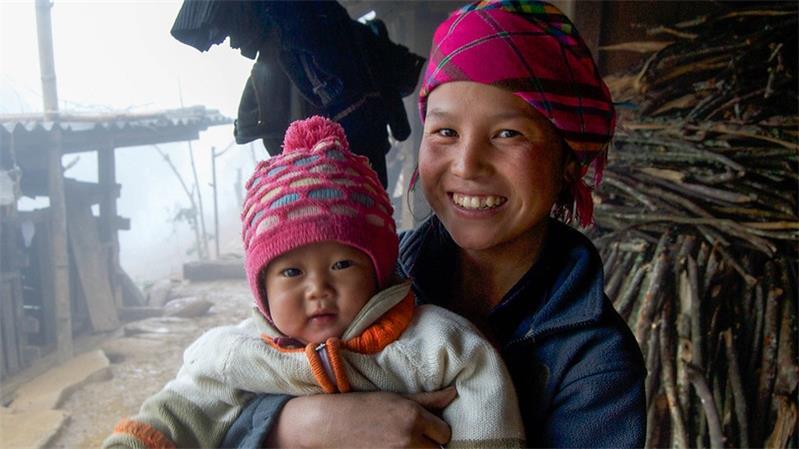
My last night in Vietnam was with this Hmong woman in Sapa on Valentine’s Day. Snuggled up with 15 new friends I had made the days before, sleeping like sardines in the attic of the draughty home was the closest I lived, only for a day as most others live in the world.
There was no flooring, no heating, and some dwellings didn’t even have a door. What they have is great beauty — both the people and the landscape.
China
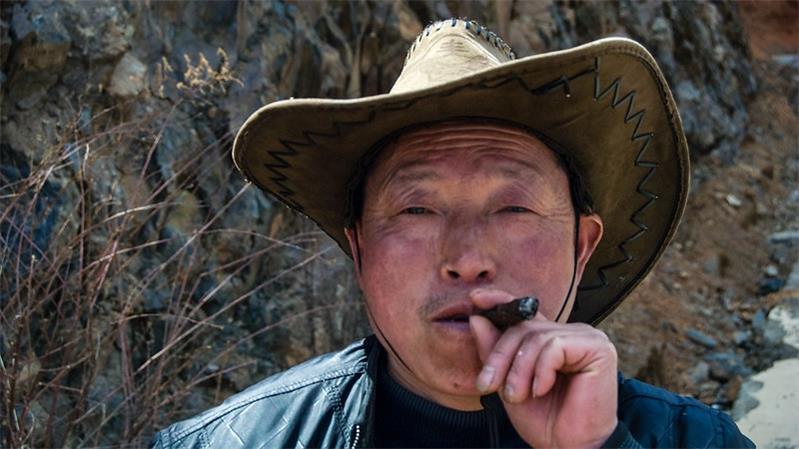
Straddling the border of Yunnan and Sichuan provinces in China lies Lake Lugu, a location usually occupied by minority tribes from Tibet. When this man noticed me stopped on my bike to snap photographs, he came over to say hello. I have already forgotten what we discussed, but I recall his astonishment and excitement when I wanted to snap his photo.
China is difficult and stressful for many travelers owing to the language barrier and the radically different culture that most of us are used to. Yet, my time there, spent largely among natives and traveling solo across the nation, is one of the most fulfilling and risky excursions I have ever had. The wonderful hospitality will spring to mind anytime I think of China.

Close north of the border with Vietnam lies Xinjiezhen, the land of the Hani people who have created these famed infinite rice terraces by hand and with water buffalo for hundreds of years. While I photographed a particularly gorgeous sunset, these kids raced around in their usual attire – honestly, they’re not special occasion clothes – and consented when I asked if I might snap their picture.
I admire the style of the women here — usually dressed out in vivid colors and patterns. Hmong ladies have a really nasty style!
Nepal
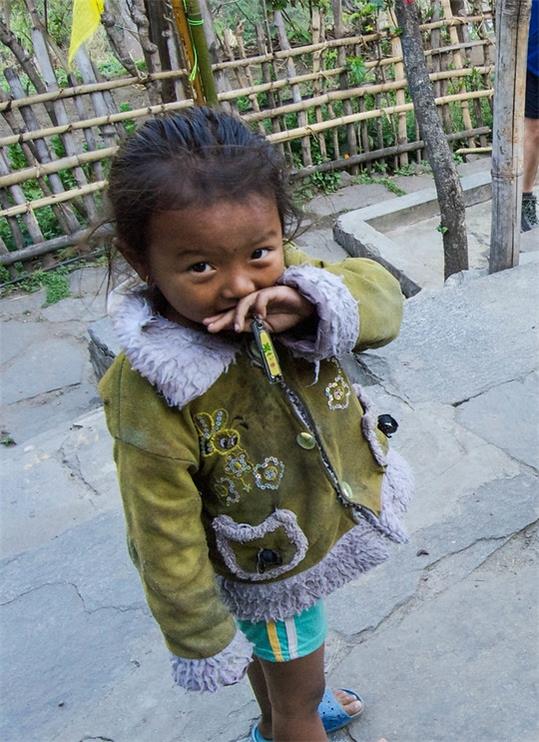
The first stage of my Annapurna Circuit journey in Nepal was determined when, upon approaching the little mountainous village of Ghermu, a little girl reached out her hand to offer me and the two I was traveling with sea buckthorn berries along the route.
Then a goat approached and dropped its head to be caressed, and a farmer smiled and waved. It was so nice and hospitable that it’s still vivid in my mind as a highlight of Nepal — a nation full of lovely, caring, and resilient people.
South Africa

While in Cintsa, South Africa on the Wild Coast, I visited the smallest settlement in South Africa. Under apartheid, the townships were forced colonies for black and colored inhabitants (a non-derogatory word for individuals of mixed race) (a non-derogatory term for people of mixed race). Nowadays, many people still live in townships without running water or electricity.
The backpackers I visited in Cintsa had brought a solar-powered mobile computer unit to the local school there, and as I was checking out, a few local kids arrived to play. I handed my camera to one of them and it was my favorite image she shot – this small guy, who kept grasping the lens, trying to shoot or not understanding how it operated the camera. His perplexed look only partly captures this vision. It’s those deep eyes that I never weary of.
Malawi
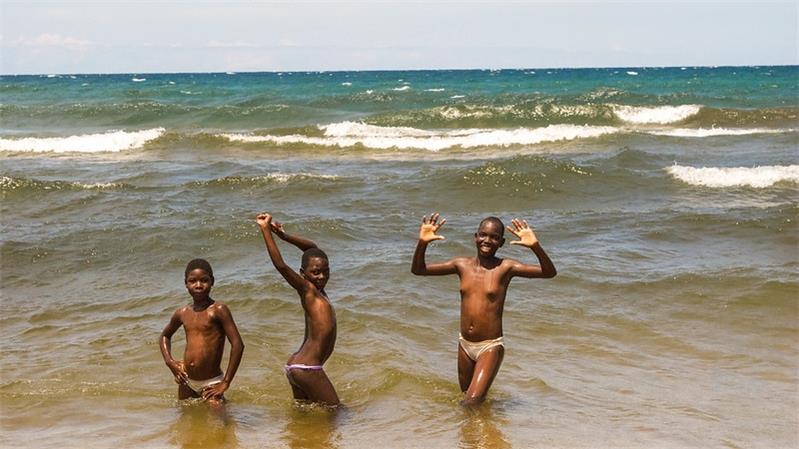
The kindness of Malawians is famous. During my stay on Big Lake Malawi, I saw this directly as locals strolled down the beach with me or eagerly requested me to snap their photos.
They ask since they themselves don’t have access to cameras or picture printers. For them, their possibility of getting a snapshot to recall their adolescence rests on asking visitors who would take a photo and mail a copy back. It was heartbreakingly lovely.
Throughout the past three years, I’ve learned that the world is mainly full of wonderful folks, and I’ll never allow unfavorable press stories to persuade me differently. Persons in remote areas will be dear to me, they will not seem odd or unusual to me. Although there is certainly evil in the world, I will remember that the great majority of people are nice, kind, and kind.
When I pause and enjoy those experiences, I cease feeling like something is missing or something isn’t whole. It’s because of them. They all gave me a portion of themselves to take them on the voyage and by bemoaning their way of life, I implicitly belittle them. I swear not to do that again.
Thank you to the folks I’ll probably never see again, who took it upon themselves to make me smile, show me the way when I was lost, pull me up when I was down, and fill me up when I was empty.

